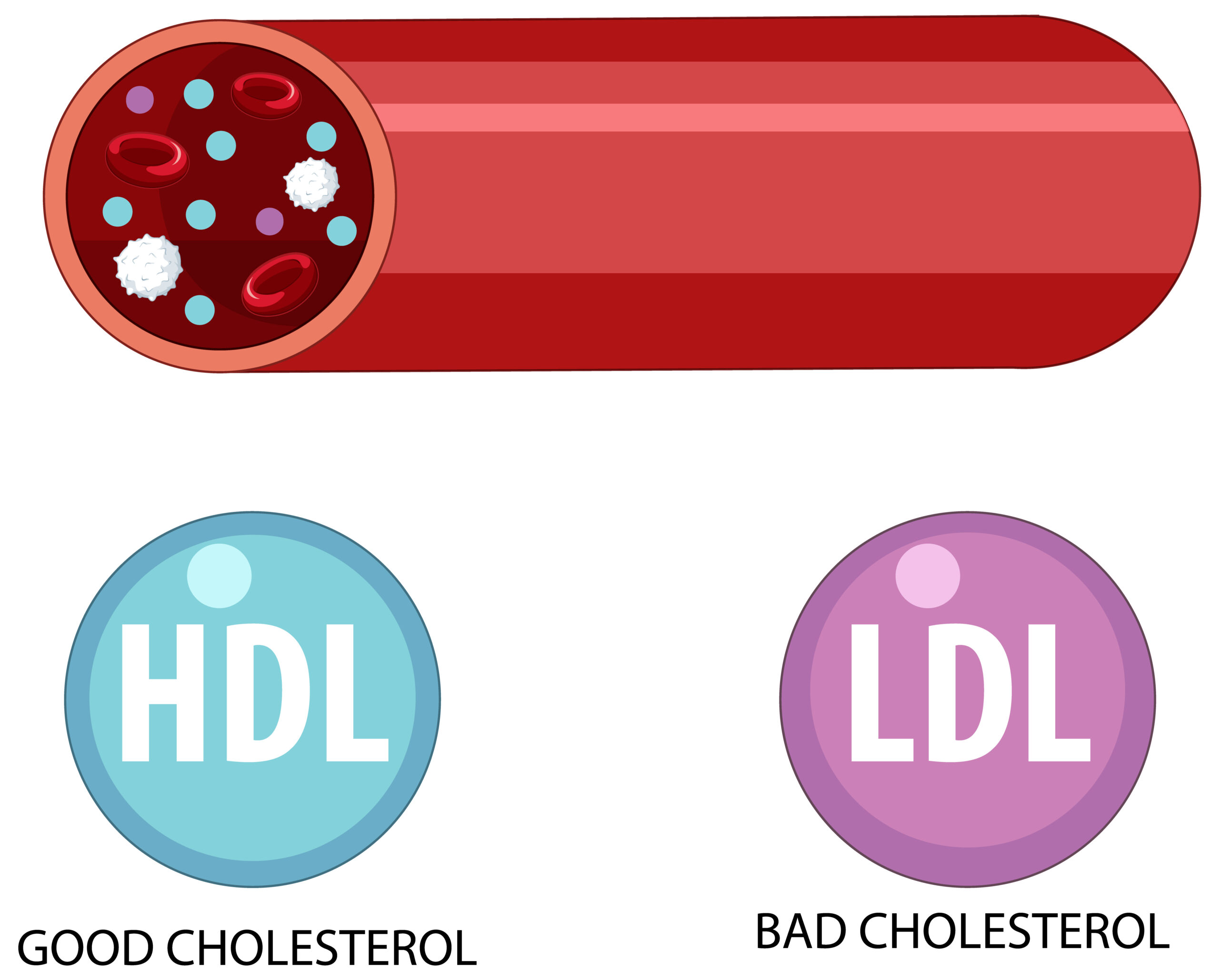Hepatitis A is a significant public health concern globally, primarily due to its highly contagious nature. Understanding the key facts about this liver infection can help in preventing its spread and managing its impact effectively. Here are 10 essential facts about Hepatitis A that everyone should know.
1. Hepatitis A Virus (HAV) Basics
Hepatitis A is caused by the hepatitis A virus (HAV), which targets the liver. Unlike other hepatitis viruses, HAV does not cause chronic liver disease but can lead to acute liver failure in rare cases. The virus spreads primarily through ingestion of contaminated food and water.
2. Transmission Routes
Hepatitis A is mainly transmitted through the faecal-oral route, which occurs when a non-infected individual consumes food or water contaminated with the faeces of an infected individual. The spread of the hepatitis A virus (HAV) is often linked to inadequate sanitation and poor hygiene practices.
3. Global Prevalence
Hepatitis A is more prevalent in regions with poor sanitation and limited access to clean water, such as parts of Africa, Asia, and Latin America. Travelers to these areas are at higher risk and should take preventive measures, including vaccination.
4. Symptoms of Hepatitis A
Symptoms of Hepatitis A typically appear 2 to 6 weeks after exposure and can range from mild to severe. Common symptoms include fatigue, nausea, vomiting, abdominal pain, fever, jaundice (yellowing of the skin and eyes), dark urine, and pale stools.
5. Diagnosis
Diagnosing Hepatitis A involves blood tests that detect the presence of antibodies produced in response to the virus. These tests can determine whether the infection is recent or occurred in the past. Early diagnosis is crucial for effective management and preventing the spread of the virus.
6. Vaccination
Getting vaccinated is the best way to protect yourself from Hepatitis A. The Hepatitis A vaccine is safe, highly effective, and recommended for children over the age of one, travellers to high-risk areas, and individuals with chronic liver disease or other risk factors. The vaccine provides long-term immunity.
7. Importance of Hygiene
Good hygiene practices are essential in preventing the spread of Hepatitis A. Regular handwashing with soap and water, especially after using the bathroom and before eating, is crucial. Extra caution is necessary in areas with inadequate sanitation to avoid contaminated food and water.

8. Food and Water Safety
Ensuring the safety of food and water is critical in preventing Hepatitis A. This includes drinking bottled or boiled water, avoiding raw or undercooked shellfish, and eating foods prepared in hygienic conditions. Travellers to high-risk areas should be particularly vigilant about their food and water sources.
9. Management and Treatment
There is no specific antiviral treatment for Hepatitis A. Management focuses on supportive care to alleviate symptoms and ensure proper hydration and nutrition. Most individuals recover fully within a few weeks to months. Rest, adequate hydration, and a balanced diet are key components of recovery.
10. Long-Term Outlook
Unlike Hepatitis B and C, Hepatitis A does not cause chronic liver disease. Once a person recovers, they develop lifelong immunity against the virus. However, the infection can cause significant illness and, in rare cases, lead to acute liver failure, particularly in older adults and those with preexisting liver conditions.
Conclusion
While generally self-limiting, hepatitis A is a preventable disease that can cause significant illness. Understanding its transmission, symptoms, and preventive measures is essential for safeguarding public health. Vaccination, good hygiene practices, and safe food and water consumption are the most effective strategies in preventing Hepatitis A. By staying informed and taking proactive measures, individuals can protect themselves and their communities from this contagious liver infection. If you suspect exposure to Hepatitis A or experience symptoms, seek medical advice promptly for appropriate management and care.









